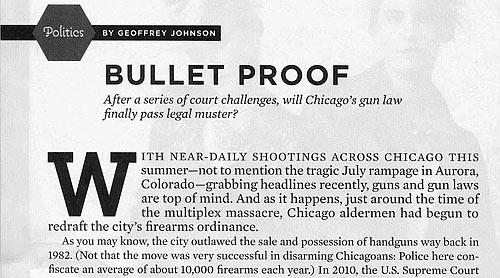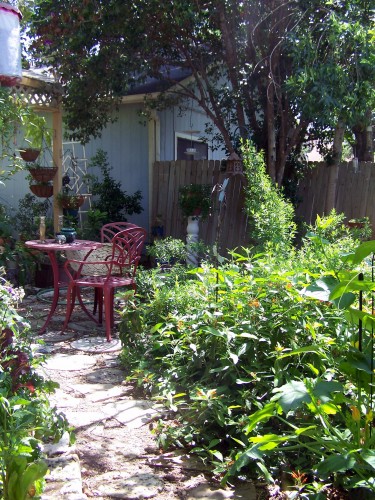Two related posts…first, Peter Drucker:
Originally posted 11/13/2005
In Managing in the Next Society, Drucker writes about the tension between liberty and community:
Rural society has been romanticized for millenia, especially in the West, where rural communities have usually been portrayed as idylic. However, the community in rural society is actually both compulsory and coercive.
One recent example. My family and I lived in rural Vermont only fifty years ago, in the late 1940s. At that time the most highly popularized character in the nation was the local telephone operator in the ads of the Bell Telephone Company. She, the ads told us every day, held her community together, served it, and was always available to help.
The reality was somewhat diferent. In rural Vermont, we then still had manual telephone exchanges…But when finally around 1947 or 1948, the dial telephone came to rural Vermont, there was universal celebration. Yes, the telephone operator was always there. But when, for instance, you called up to get Dr Wilson, the pediatrician, because one of your children had a high fever, the operator would say, “You can’t reach Dr Wilson now; he is with his girlfriend.” Or, “You don’t need Dr Wilson; your baby isn’t that sick. Wait till tomorrow morning to see whether he still has a high temperature.” Community was not only coercive; it was intrusive.
And that explains why, for millenia, the dream of rural people was to escape into the city. Stadluft macht frei (city air frees) says an old German proverb dating back to the eleventy or twelfth century. The serf who managed to escape from the land and to be admitted into a city became a free man. He became a citizen. And so we, too, have an idyllic picture of the city–and it is as unrealistic as the idyllic picture of rural life.

